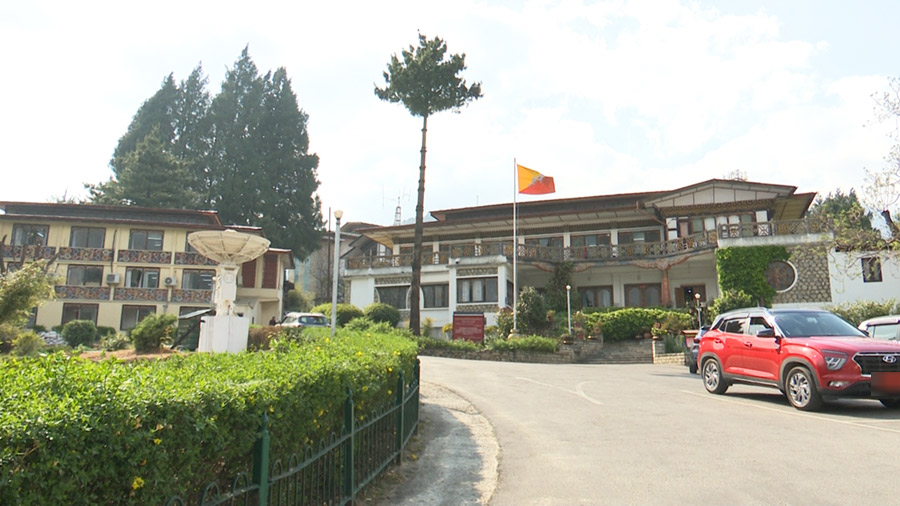
The country will have a comprehensive National Cybersecurity Strategy in the 13th Five-Year Plan. It will be developed under the Digital Transformation Programme, led by the GovTech Agency. According to the Draft 13th Five Year Plan document, the government will spend Nu 10bn to strengthen digital infrastructure and cybersecurity in the country.
The Digital Transformation Programme focuses on promoting digital governance, building a thriving digital economy, cultivating a vibrant digital society, and investing in key enablers using digital technologies.
Out of the Nu 10bn, over Nu 5bn will be invested in strengthening Digital Governance focused on public service delivery.
More than Nu 1.69bn is allocated for the Digital Economy to enhance banking services, over Nu 0.6bn for Digital Society for heightened digital literacy among public, and over Nu 2.5bn for enablers.
The Draft 13th FYP document cites that Bhutan’s GovTech Maturity Index data dashboard of 2022 falls in group B, which is at the “High” level. However, digital citizen engagement score of 0.317 on a scale of 0.0 to 1.0, is below the global average of 0.449, due to low digital literacy.
Similarly, the GovTech enabling indices score 0.531 is below the global average and reflects poor infrastructure and an inadequate legislative and policy framework.
611 cyber security incidents were reported in the 12th Five-Year Plan period alone. These incidents ranged from phishing attempts to data breaches.
Under the Digital Transformation Programme, the GovTech Agency will give digital literacy and skills development training to over 400,000 citizens on the safe use of online services including AI tools, online banking, video conferencing, and social media platforms, among other components. Moreover, the agency will also work on developing a skilled digital workforce through comprehensive education and training initiatives.
Kinzang Lhadon
Edited by Phub Gyem









